-
Poverty and Economic Inequality
Meghan Sharif
Library Binding (Lucent Books, Aug. 15, 2018)Although millions of Americans live below the poverty line, economic inequality is still a frequently misunderstood issue. Myths about poverty that have been thoroughly debunked are still commonly circulated, and this type of misunderstanding leads to poor communication and tension between people of different economic classes. The goal of this volume is to reduce that misunderstanding and present readers with the facts and realities of economic inequality. In-depth sidebars, full-color photographs, and educational graphs present essential information about this complex issue. Annotated quotes are also included to provide first-person perspectives to deepen readers' critical thinking skills.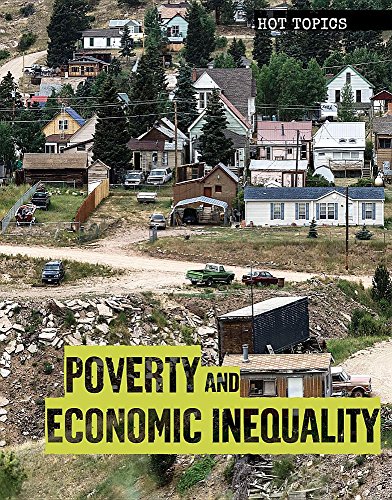 T
T
-
Abortion: A Continuing Debate
Meghan Green, Wendy Lanier
Library Binding (Lucent Books, Jan. 15, 2018)Should abortion be legal? How late in a pregnancy should a woman be allowed to have an abortion? What impact would outlawing abortion have on women, especially those who live in poverty? Readers learn about these and other abortion concerns; all sides of the debate are discussed to help them form their own opinions. Informative charts and in-depth sidebars highlight important facts about this controversial topic, and a list of discussion questions is included to give them a starting point for further debate and guided thinking about this complex issue. Y
Y
-
Fake News and Media Bias
Lucian Vance, Hal Marcovitz
Paperback (Lucent Books, Jan. 15, 2018)Presents a discussion on bias in the media, covering such topics as fake news, blogging, and the possibility of unbiased reporting.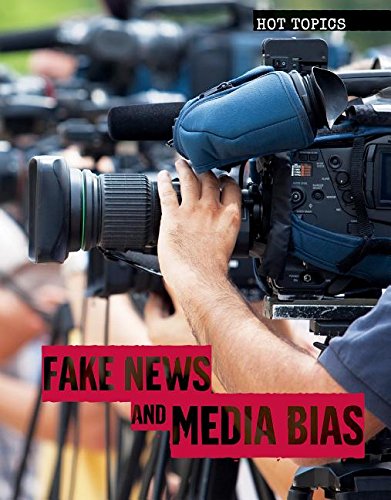 T
T
-
Body Image and Body Shaming
Meghan Green, Jr Lankford
Library Binding (Lucent Books, Jan. 1, 2017)Examines the issue of body image in adolesence and how the media, advertising, and society can affect the way people think about themselves.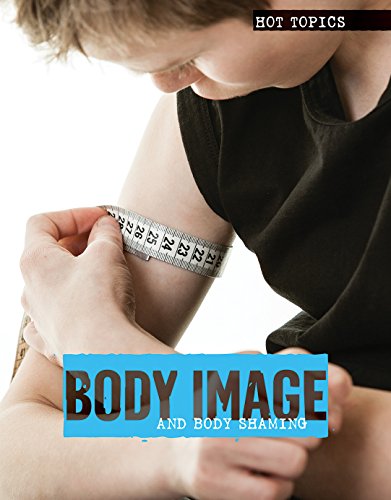 W
W
-
Student Rights in a New Age of Activism
Anna Collins
Library Binding (Lucent Press, Dec. 15, 2019)In the United States, the rights of people under the age of 18 are a hotly debated and frequently misunderstood topic. Certain rights are protected for students by the U.S. Constitution, but many people are unsure of what those rights are. Some people even believe student rights do not exist. Up-to-date statistics, engaging sidebars, and informative charts supplement this illuminating text, explaining exactly what rights students have and what recourse they have if those rights are violated. Annotated quotes from legal experts and activists provide additional information about the connection between student rights and student activism.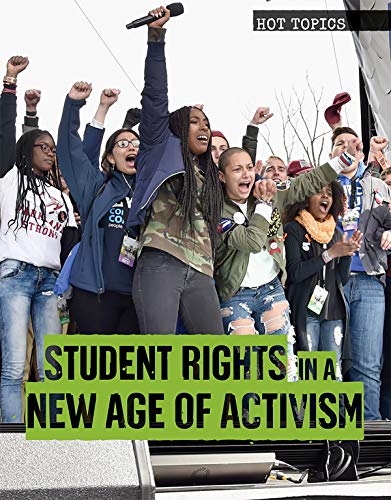
-
Online Activism: Social Change Through Social Media
Amanda Vink
Library Binding (Lucent Books, Aug. 15, 2018)The growth of the Internet has changed almost every aspect of society, and social activism is no exception. Circulating petitions and organizing rallies is easier than ever, but so is the illusion of creating change without putting in effort. Readers learn the ways activism has changed in the Internet era. The informative text is supplemented with detailed charts and annotated quotes presenting multiple points of view. By learning more about online activism, young adults can become more informed about how to take a stand on issues they are passionate about.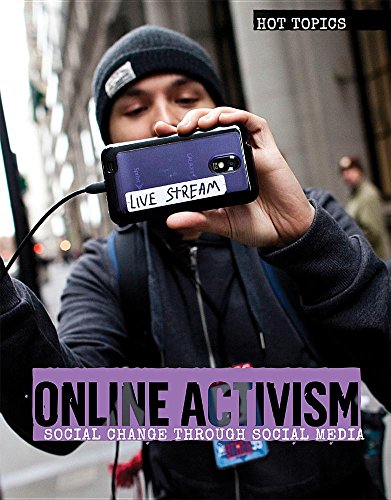 W
W
-
Free Speech in the Digital Age
Michelle Denton
Library Binding (Lucent Press, Jan. 15, 2019)"Portions of this book originally appeared in Freedom of expression and the Internet by Terri Doughtery."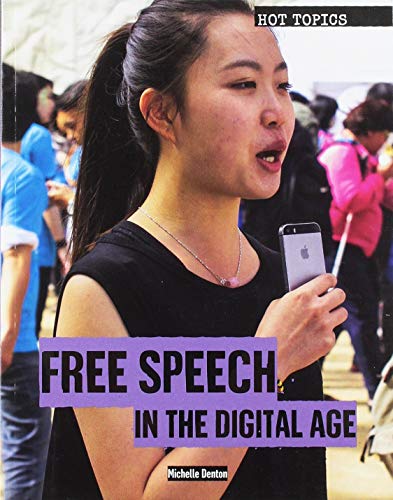 V
V
-
Biological Weapons: Using Nature to Kill
Anna Collins, Don Nardo
Paperback (Lucent Books, Jan. 15, 2018)"Throughout history, armies have used various kinds of germs to cripple their enemies. International treaties currently outlaw the use of biological weapons, but this does not necessarily mean that none are being developed. Through informative text, augmented by detailed infographics and sidebars, readers learn about the history of biological warfare and ways it can be avoided in the future. Annotated quotes from experts on this topic and discussion questions are also included to give readers a deeper understanding of the many facets of this complex topic."--Provided by publisher. Q
Q
-
Fair Trade
Jilly Hunt
Paperback (Heinemann, Jan. 1, 2012)This book explains what Fair Trade is and where you can find Fair Trade products. It also discusses who it helps, who it doesn't help, and why. Finally, it asks difficult questions, such as "Are you willing to spend more money on an item knowing that the producers of the item have received fair pay?"
-
Dealing With Teen Pregnancy
Emily Mahoney, Jenny MacKay
Library Binding (Lucent Books, Jan. 1, 2017)Examines the issue of teen pregnancy, discusses its causes and effects, provides statistics, and explores the decisions that teens have to make when in this situation. Y
Y
-
The Climate Change Crisis
Anna Collins
Library Binding (Lucent Books, Aug. 15, 2018)Scientists have long warned people of the dangers of climate change, so why do some people insist it is not a problem? What can be done to reverse the effects of this dangerous trend? This volume answers these questions and more, highlighting important points with engaging sidebars, full-color photographs, detailed graphs, and annotated quotes by experts. Readers learn how our world is being affected and how they can play a role in minimizing the damage. Climate change is a topic that is often in the news, and readers will be better equipped to understand it thanks to this informative text. -- W
W
-
Plastic Pollution
Geof Knight
Library Binding (Heinemann, Jan. 1, 2012)How do plastics harm the environment and our health? Is there really a Great Pacific Garbage Patch? If so, can it be cleaned up? This book answers these questions and also asks readers to consider whether or not they would be willing to use less plastic.